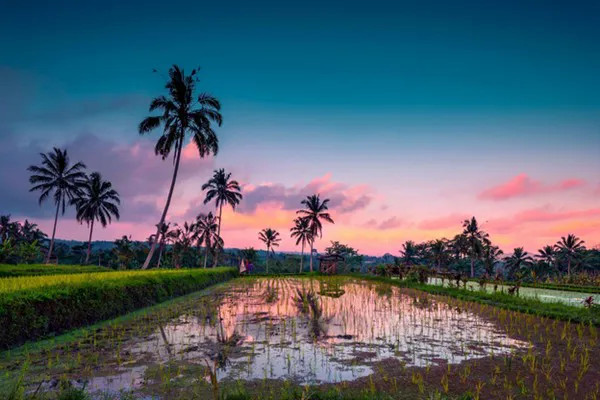Pinduoduo shared its experience in promoting digital agriculture and empowering women and youth at a G20 global forum in Bali, Indonesia, pointing out the importance of having the right combination of technology, talent, and training in transforming farming practices.
Pinduoduo has helped almost a billion consumers discover new agricultural products directly from farmers and co-operatives, who are now able to skip multiple layers of intermediaries to connect and sell directly to the end consumer. More than 16 million farmers have connected to the digital economy through the company’s platform.

Pinduoduo also equips farmers with the right digital skills through online courses to teach them how to start and grow their online businesses. To help those farmers who are less tech-savvy, Pinduoduo has trained more than 100,000 “New Farmers” to date, encouraging young people to get involved in agriculture and help their communities.
Many of these young agricultural entrepreneurs have gone on to inspire others to follow suit. The new businesses also spark demand for ancillary services like logistics and packaging, creating employment opportunities for women and less-privileged groups in rural areas.
To improve farming productivity and boost agricultural incomes, Pinduoduo works with top universities globally to develop practical, cost-effective precision farming technology. The company organizes an annual Smart Agriculture Competition that gathers top data scientists and agricultural researchers to come together and solve real-world pain points faced by smallholder farmers.
The Global Forum on Digital Agriculture Transformation in Accelerating Women and Youth Entrepreneurship, organized by Indonesia’s agriculture ministry, took preceded the G20 Agriculture Ministers Meeting (AMM) on 27th September 2022.
Pinduoduo shared its “Tech for Agri” approach to agricultural modernization in the session titled “Sharing Current Perspectives and Initiatives to Increase Participation and Capacities of Women and Youth in Implementing Digital Agriculture.”
